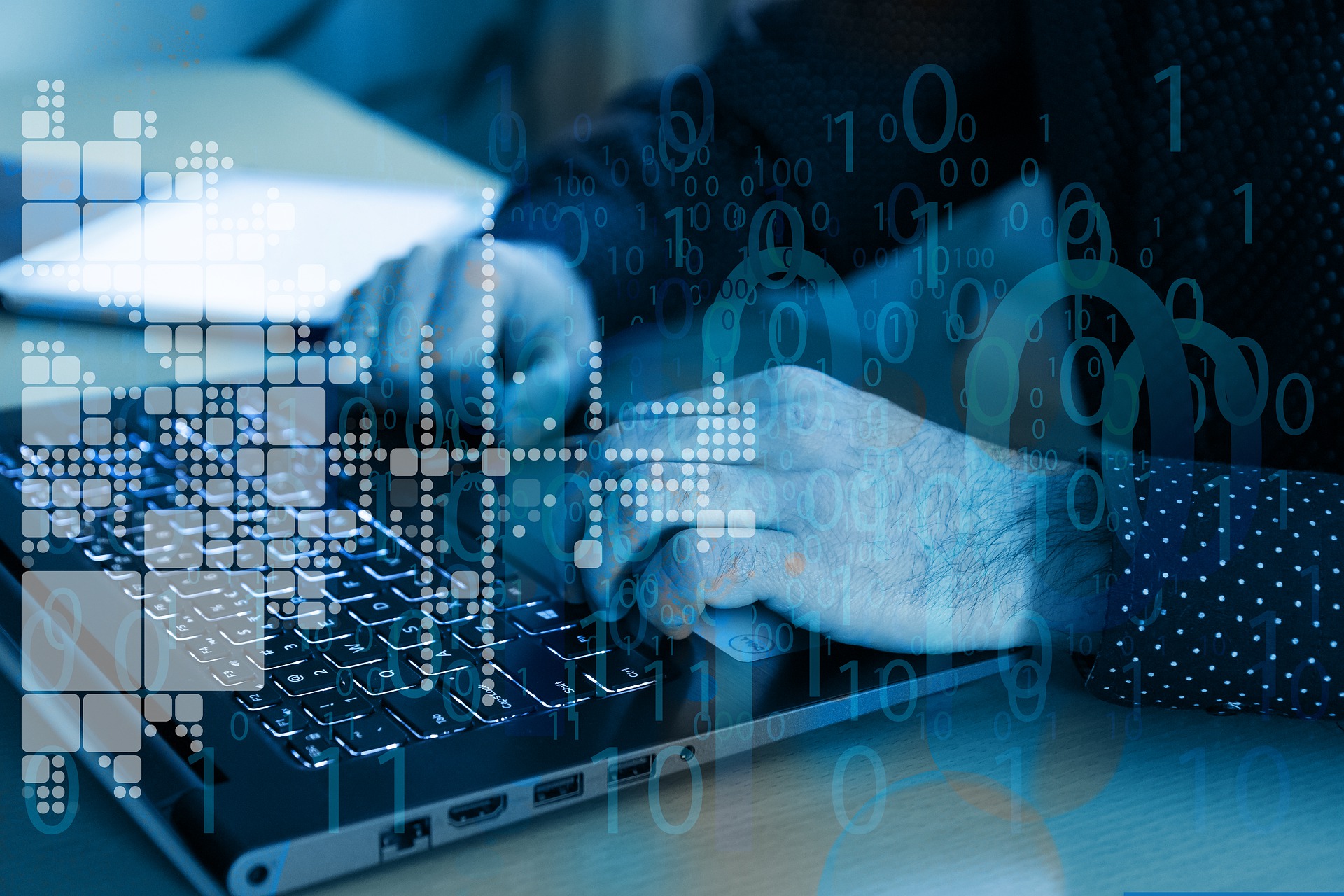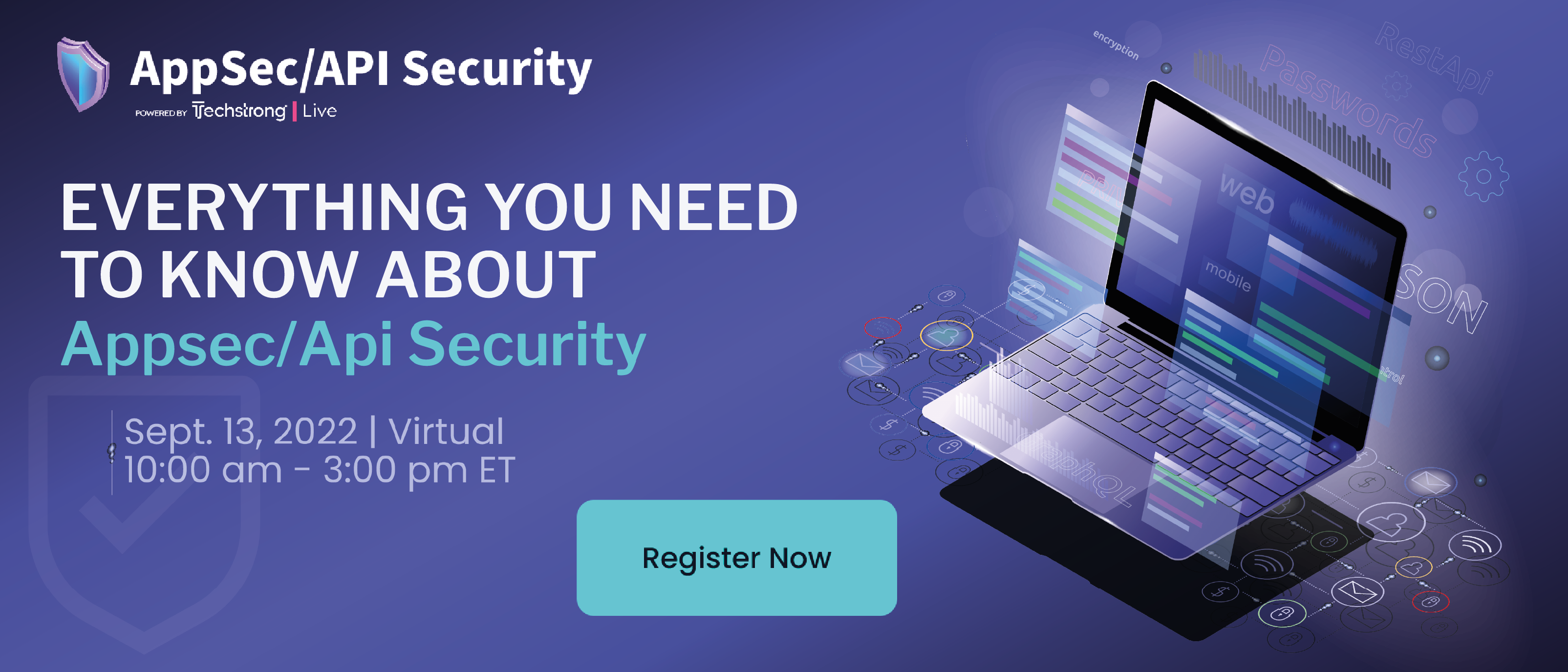Hackers, Fraudsters and Thieves: Understanding Cybersecurity in the Gaming Industry
The gaming sector is under siege. The number of gaming-related cyber-attacks is growing at an alarming rate, and the online boom of the early 2000s brought hackers to the gate. In two decades, an industry worth tens of billions was transformed into one worth hundreds of billions in revenue – $221.4bn in 2023. Unsurprisingly, this growth and the opportunities it provides cyber-criminals did not go unnoticed. With such a lucrative target, hackers have long plagued the sector.
Moreover, the popularity of gaming has also been steadily increasing for years, with the total number of gamers soon to reach 3.32 billion in 2024. An increase in gamers has led to an abundance of targetable accounts storing all sorts of sensitive data. However, cyber-criminals aren’t just after gamers’ passwords and card details.
In-game digital assets, either through trickery or brute force, can be stolen or fabricated. Just last year, the most expensive CS:GO inventory, worth £2m, was stolen by hackers. And finally, let us not forget the bad actors who hack simply to gain a personal advantage over their fellow players.
What Impact Does This Have on the Gaming Industry?
From a developer or publisher standpoint, gaming-related cybercrime is detrimental to business. The inability to provide a safe and secure experience for players erodes consumer trust, undermines in-game economies and ultimately decreases game and microtransaction sales.
Just look at the bad PR that Fortnite has received recently. Admittedly, in this instance, a gaming behemoth like Epic Games will keep chugging along. But for smaller, less developed titles, such attacks can cause significant reputational damage. Consistently poor security practices will lead to diminishing player bases, either due to players giving up on the game or simply being unable to log in and play. For example, The Division is a game which experienced a player exodus largely due to rampant hacking. Despite the title’s financial success on release, The Division soon became known for its glitches, exploits and hacks that undermined the game’s long-term future.
The most successful games are those that can maintain loyal player…




